AVAILABLE IN ARABIC
About This Book
In this second edition, science educator Douglas Llewellyn combines clear-cut insights with practical suggestions for developing teaching competencies and strategies to implement inquiry-based instruction—a teaching strategy strongly endorsed by the American Association for the Advancement of Science, the National Research Council, and the National Science Teachers Association.
Aligned with NSES standards and written for educators seeking to cultivate learners' sense of discovery and critical thinking skills, Inquire Within, Second Edition, focuses on showing teachers how to implement inquiry activities using the three ""R's""—restructuring, retooling, and reculturing. The author provides examples that match common curricular objectives and demonstrates how teachers can modify current lesson plans rather than creating new ones.
Offering ready-to-use inquiry lessons and teacher-friendly materials for students in grades 3–8, this edition’s updates include:
• Three aspects of inquiry—promoting content knowledge, science process skills, and positive attitudes or dispositions
• A new chapter of suggested investigations with teacher notes
• Strategies for using inquiry methods with English Language Learners and special education students
• Activities that incorporate technology
This comprehensive guide is an invaluable resource for practitioners at every level—including elementary and middle school science teachers, principals, science teacher leaders and specialists, staff development planners, curriculum supervisors, and college professors.
Topics : Teaching Strategies
Table Of Content
Acknowledgments
About the Author
Preface
Why Inquiry?
What's New in the Second Edition?
Who Should Read This Book?
Contents
1- Becoming an Inquiry Teacher
2- What Is Inquiry?
What the Experts Say
What the Exploratorium Means by Inquiry
What the National Science Education Standards Say About Inquiry
What the American Association for the Advancement of Science Says About Inquiry
What the National Science Teachers Association Says About Inquiry
Myths About Scientific Inquiry
Inquiry as a Thinking Skill
"Inquiring With Fruit"
The Inquiry Cycle
A Definition of Inquiry
Inquiry and Scientific Literacy
Inquiry and the Nature of Science
Inquiry and Naturalistic Intelligence
Questions for Reflection and Discussion
3- Learning Through Inquiry
Day 1: Exploring Ice Hands
Day 2: Planning an Investigation
Day 3: Carrying Out the Plan
Day 4: Organizing the Data
Day 5: Communicating the Results Conclusion
An Interview With Camille Perlo
Questions for Reflection and Discussion
4- How Do Children Learn Science?
Developing a Mind-Set for Inquiry
What Is Constructivism?
The Constructivist Learning Model
The Conceptual Change Model
Can I Change My Mind?
Misconceptions: What You Know May Not Be So
Where Do Misconceptions Come From?
Comparing the Earth and the Moon
How Far Is the Moon?
Why Teach to Misconceptions?
Uncovering Misconceptions in Science
Historical Development to Constructivism
Constructivism Today
Back to the Ice Hands
A Constructivist Unit of Study
How Scientists Use Models in Science
How Children Learn
Mother Goose Meets the Mad Scientist
The Child as a Scientist
Questions for Reflection and Discussion
5- Creating a Culture of Inquiry
Traditional and Inquiry-Centered Classrooms
Constructing a Definition of an Inquiry-Centered Classroom
Students in Inquiry-Centered Classrooms
Students Acting as Researchers
Students Working in Groups
Students Using Critical Thinking Skills
Students Showing Interest in Science
Teachers in an Inquiry-Centered Classroom
An Inquiry-Centered Classroom
Questions for Reflection and Discussion
6- What Are the Different Levels of Inquiry?
Why Johnny Can't Inquire
Promoting Student Inquiries
Invitation to Inquiry
Demonstrations
Discrepant Events
Activities
Teacher-Initiated Inquiries
Student-Initiated Inquiries
Guiding Students Into Inquiry
Modifying an Activity Into an Inquiry Investigation
Principles of Effective Inquiry
Questions for Reflection and Discussion
7- Designing Investigations
The Myth of the Scientific Method
Exploring Ramps and Balls
Scientific Problem Solving
Scientific Problem Solving Versus Inquiry
A Model for Scientific Problem Solving
The Benefits of Scientific Problem-Solving Activities
Questions for Reflection and Discussion
8- What Is the Learning Cycle?
The 5E Learning Cycle
Investigating Mealworms
Assessing Inquiry-Based Science
Multiple-Choice Questions
Constructive Response Questions
Portfolios
Rubrics
Monitoring Charts
Concept Maps
Journal Entries
Lab Reports
Oral Presentations
Performance Assessments
Self-Evaluations
Celebrating Learning
Summary of "Mealworms to Go"
Investigating Oobleck
Investigating Ramp and Balls
Questions for Reflection and Discussion
9- Knowledge, Skills, and Attitudes of Inquiry-Based Teachers
A Three-Legged Stool
The Importance of Modeling Inquiry
Your First Try at Inquiry
Commitment
An Inquiry Rubric
An Inquiry Self-Assessment Survey
Evaluating Your Responses
Building Capacity Through Bugs-o-Copters
Your IQ: Inquiry Quotient
Teaching Inquiry to Second Language Learners and Students With Special Needs
Integrating Inquiry With Technology
Questions for Reflection and Discussion
10- Using Questioning Skills in Inquiry
Why You Can't Investigate a "Why" Question
Classroom Questions
Wait-Time
Answering Questions and Questioning Answers
Types of Questions
Interaction of Questioning
Questions for Reflection and Discussion
11- Inquiry Investigations
Bugs-o-Copters
Clayboats
Egg Osmosis
Investigating Liquids
Science Process Skill Stations
Stirring the Alphabet
The Thing
Resource A: Resources for Teachers
Print Resources on Inquiry-Based Teaching
Print Resources on Inquiry Investigations
Print Resources on Constructivism
Print Resources on Science Standards
Print Resources on Science Literacy, History of Science, and the Nature of Science
Print Resource on Demonstrations and Discrepant Events
Print Resources on Assessment
Print Resources on General Science Topics
Multimedia Resources on Inquiry
Online Resources on Inquiry
Professional Organizations
Resource B: Eighteen Concept Statements
Resource C: Inquiry Self-Assessment Response Grids
Resource D: Inquiry Self-Assessment Summary Matrix
Resource E: Diagrams for Short-Eared and Long-Eared Bugs-o-Copters
Resource F: How to Make a Cartesian Diver
Resource G: Touch Squares
References
Index
About the Authors
Douglas Llewellyn:

Douglas Llewellyn teaches science education courses at St. John Fisher College in Rochester, NY. Previously, he was the K-12 Director of Science at the Rochester City School District, a secondary school principal, and a middle school science teacher. Llewellyn is a frequent speaker at state and national conferences on inquiry- and argument-based teaching, constructivist learning, and science leadership.
ISBN: 9789960863573
Author: Douglas Llewellyn
Publisher: Educational Book House
Size: 17*24cm
Pages number: 442
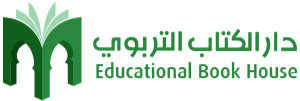
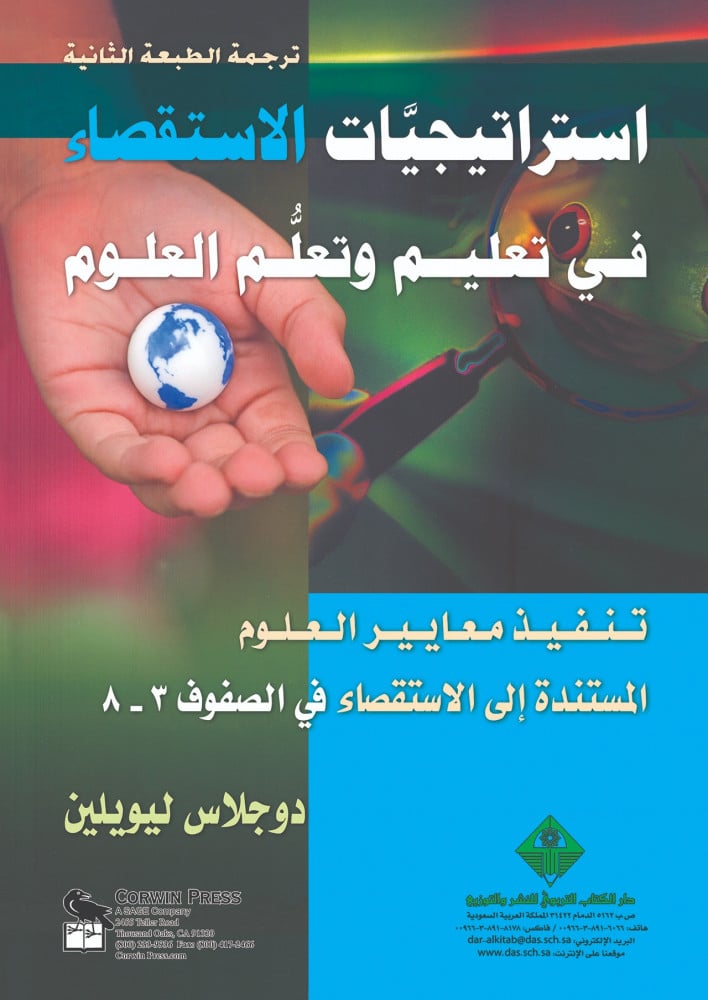
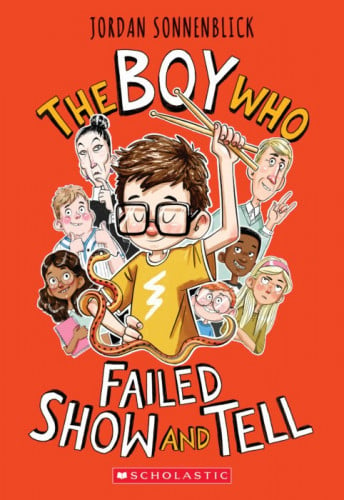
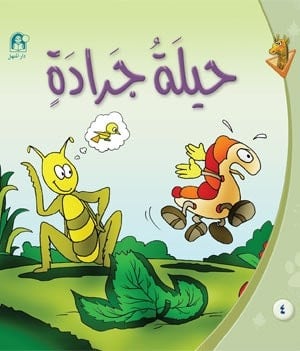
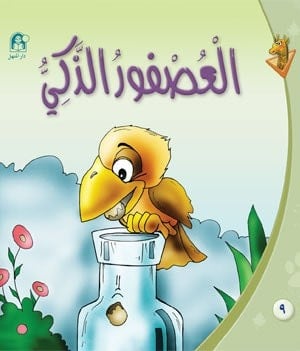
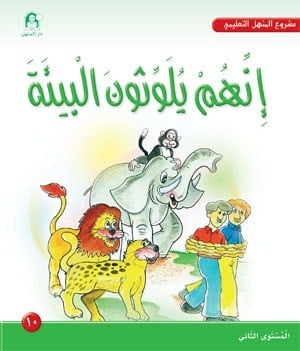
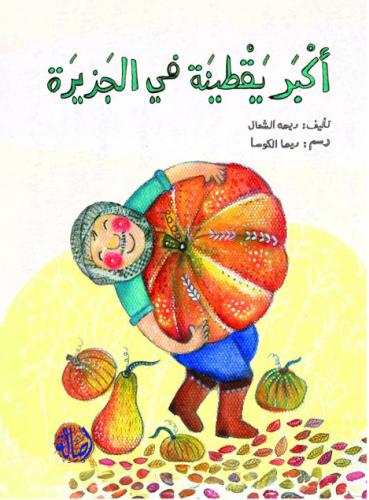
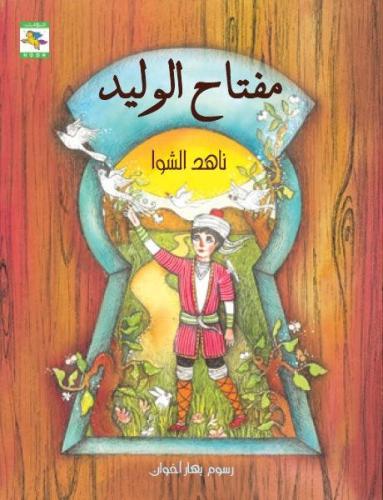
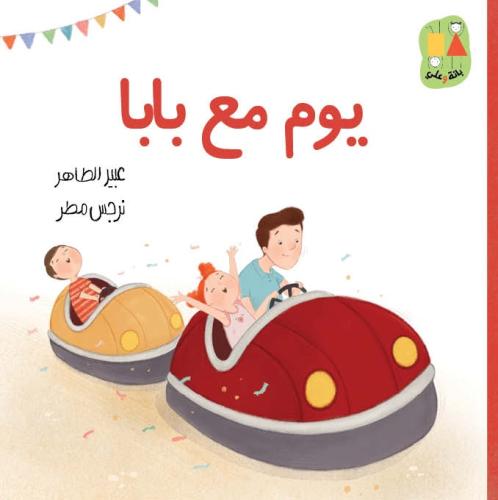

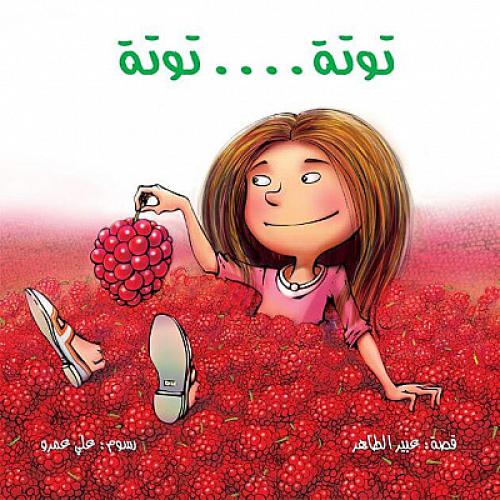
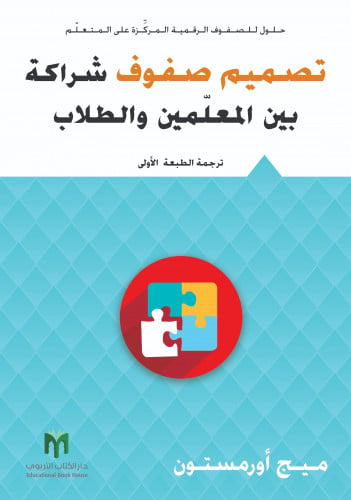
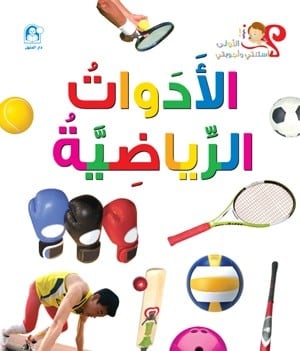
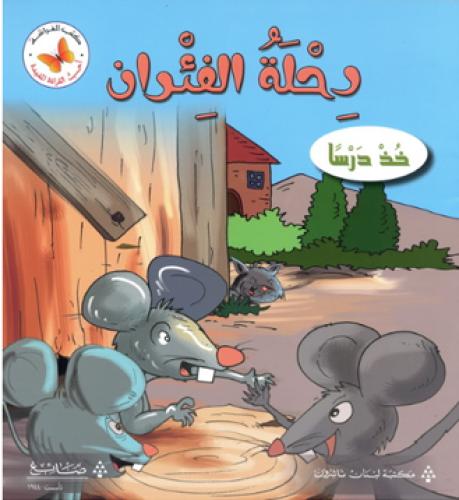
Sultanah Alali
هل ممكن ان يكون الكتاب الالكتروني بصيغة pdf
دار الكتاب التربوي
شكرا لتواصلكم.
الكتاب متوافر ورقي فقط.
أطيب التحيات...